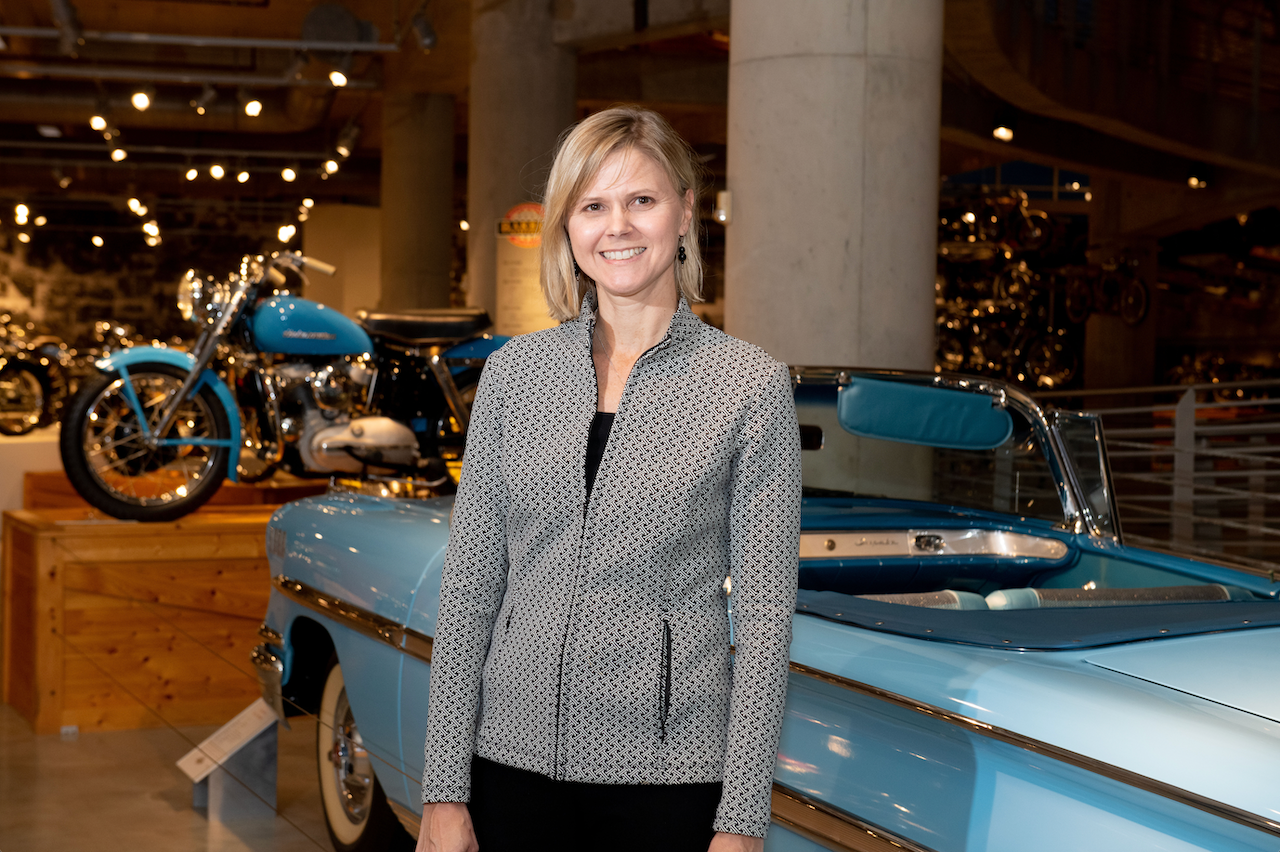Several weeks ago, my fifth grader was given a research assignment on the 2022 Winter Olympics in Beijing. As I helped her search for relevant information online, a number of sources detailing the stringent COVID precautions imposed on the games popped up. I asked my daughter if she wanted to include that information, but her response was immediate and full of sass: “Um, no … I mean, there are more important things than COVID, you know.”
Given that COVID has been both a global and local issue over the last few years, impacting our social, educational, professional, medical, economic, and even religious behavior, her response initially struck me as surprising. Last week, however, it was also proven correct.
That’s when several conservative media outlets reported on a January 22nd meta-analysis study conducted by scholars at John Hopkins University entitled A Literature Review and Meta-Analysis of the Effect of Lockdowns on COVID-19 Mortality.
That report analyzed multiple studies throughout the course of the pandemic and concluded that lockdown policies enacted across America and Europe — the compulsory interventions that limited internal movement, closed businesses and schools, and banned international travel — “had little to no public health benefits.” At the same time, they “imposed enormous economic and social costs where they have been adopted.” The report went on to explain in striking detail that:
In short, the authors effectively confirmed what a fifth grader knew all along: there are indeed more important things than COVID, so strategies that hyper-focus on it at the expense of everything else (including our daily lives) should be avoided.
The report’s findings are obviously a win for practical wisdom (so much so that it has lockdown enthusiasts scrambling to undermine the study and even discredit its authors), but the report’s conclusions are also a win for Biblical wisdom as well.
People of faith have also known all along there is simply more to the human person and the purpose of our lives than an all-consuming desire to be free from all threats to our health. In fact, most of us know the real story of our lives is one that is grounded not simply in our health status, but more importantly, in our relationship with God.
It is true we should use prudence to guide our actions during a pandemic, including taking reasonable precautions to mitigate the risk of harm to ourselves and to others. But as people of faith called to live as “birds of the air” trusting in God’s provision, a Biblical prudence would also be girded by a certain moral courage that refuses to let excessive fear and worry — or an obsession over our health — interfere with or change the trajectory of our Godly pursuits.
What such spiritual wisdom looks like during a health crisis hit home to me as I was recently reading the fascinating story of a somewhat controversial social activist, Dorothy Day. In Day’s autobiography The Long Loneliness, she recounts her bohemian lifestyle, radical service to the poor, and her evolution from atheism toward Catholicism. And interestingly enough, part of that story includes a stint serving as a nurse in Kings County Hospital in Brooklyn during the 1918 Spanish flu pandemic.
While Day acknowledged the reality of this historic event (nurses were short-handed, patients lined the halls and beds at the hospital, and deaths were frequent), her references to the pandemic served as little more than a backdrop in her unconventional story of faith. Without succumbing to any health concern or fear, for example, she explains that she temporarily became a nurse (first during the war and then throughout the pandemic) because she felt she had to “do something” to help the poor.
Even her final reflection on her time as a nurse during the pandemic makes clear her goals were never motivated by self-preservation or risk aversion but rather by serving others, and God in the process. She stated, “One thing I was sure of, and that was that these fellow workers and I were performing an act of worship. I felt that it was necessary for man to worship, that he was most truly himself when engaged in that act.”
That’s really the way it should be.
Our lives should never become so dominated by temporal concerns or conflicts that our focus on the eternal becomes secondary to our fears in the present. We should never permit our lives to become so dominated by draconian measures that pressure us to sacrifice everything in the name of prevention, control, or elimination of COVID that our focus — our lives, our acts of worship, our faith— are diverted away from God and toward a disease.
Rather, we should be permitted, if not encouraged, to pursue our unique stories and direct our worship freely to God however we see fit, particularly without interference from government.
Because as time has shown and wisdom surely dictates, there simply are more important things than COVID.
Krissie Allen is a former attorney and English teacher who writes about issues impacting faith, society, and good sense. Her column appears every Tuesday in 1819 News. The views and opinions expressed here are those of the author and do not necessarily reflect the policy or position of 1819 News. To comment, please send an email with your name and contact information to Commentary@1819News.com.










